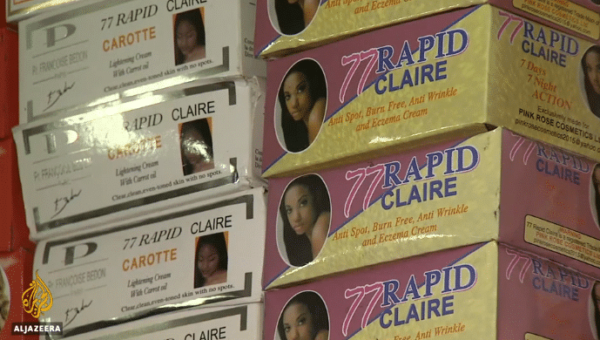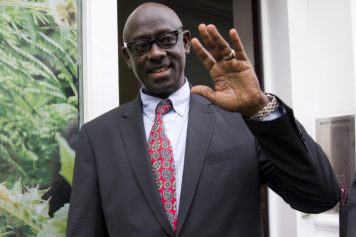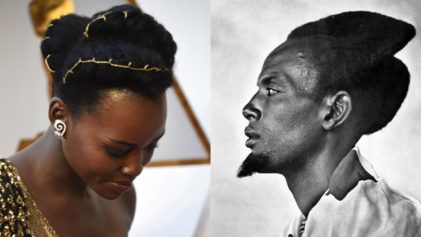Skin-lightening creams are being purged from store shelves across Rwanda as part of the government’s nationwide crackdown on the harmful products. However, some fear the ban will encourage women to turn to unregulated lightening creams instead.
As reported by Al Jazeera, the sale of skin-bleaching products in Africa is worth billions of dollars every year, as women are willing to continue putting their health at risk to make their skin appear less dark.

Kenya, South Africa, Ghana and now Rwanda have imposed bans on harmful skin bleaching products. (Al Jazeera / video screenshot)
Rwanda resident Agne Amiwanak said she uses the products so she’ll be more attractive to her husband, who likes lighter-skinned women.
“If I don’t have these products, I’m afraid I’ll become too dark like I used to be,” she told the news site. “I still have a few products left, but I hate the thought of becoming darker.”
The Rwandan government introduced the ban in November and has since begun seizing thousands of bottles of the products from store shelves. President Paul Kagame, along with the World Health Organization, have condemned the creams, whose active ingredient, hydroquinone, has been liked to skin cancer, as well as liver and kidney failure.
Dr. Lester Davids, a senior researcher at South Africa’s University of Cape Town, told the BBC in 2013 that the use of skin-bleaching creams can also cause a skin condition called ochronosis, a form of hyper-pigmentation that causes the skin to turn a dark purple shade.
“Very few people in South Africa and Africa know the concentration of the toxic compounds that are contained in the products on the black market and that is concerning,” Davids said at the time. “We need to do more to educate people about these dangerous products.”
A University of Cape Town study published that same year found that one in three South African women bleach their skin. The WHO also found that Nigerians are the highest users of such products, with 77 percent of Nigerian women using skin lighteners on a regular basis. They’re followed by Togo with 59 percent, South Africa with 35 percent, and Mali at 25 percent.
In July 2018, Ghanaian leaders condemned a dangerous bleaching trend that involved pregnant women taking pills to lighten the skin of their unborn babies. The potential health risks have done little to quell the trend, however.
So far, Rwanda, South Africa and Ghana are among the few African nations that have moved to ban the products. The recent crackdown in Rwanda has sparked mixed reactions as well as fear that more women will get their hands on unregulated knockoffs, which are available for purchase online.
“Sometimes [the products] have such a drastic effect on the skin that you can meet someone you know and not even recognize them,” Mary Nagato told Al Jazeera. “[The ban] is a good development.”
Watch more in the video below.


